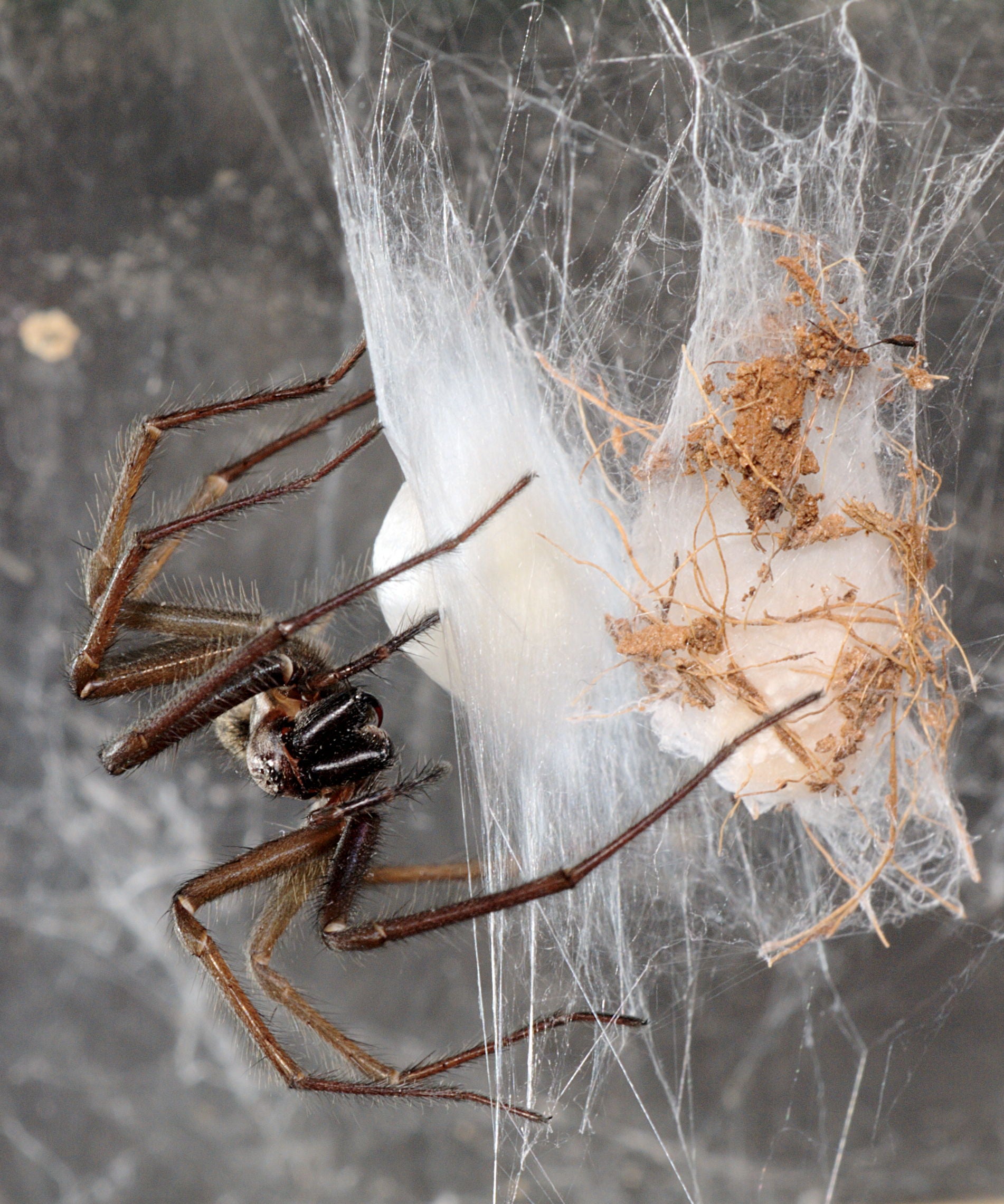Giant house spiders are invading British homes following wet and warm summer
Species can grow as large as 12cm across

Your support helps us to tell the story
From reproductive rights to climate change to Big Tech, The Independent is on the ground when the story is developing. Whether it's investigating the financials of Elon Musk's pro-Trump PAC or producing our latest documentary, 'The A Word', which shines a light on the American women fighting for reproductive rights, we know how important it is to parse out the facts from the messaging.
At such a critical moment in US history, we need reporters on the ground. Your donation allows us to keep sending journalists to speak to both sides of the story.
The Independent is trusted by Americans across the entire political spectrum. And unlike many other quality news outlets, we choose not to lock Americans out of our reporting and analysis with paywalls. We believe quality journalism should be available to everyone, paid for by those who can afford it.
Your support makes all the difference.Bad news if you are an arachnophobe: giant house spiders are probably invading your home at this moment.
The arrival of large house spiders, affectionately referred to by one expert as the “golden retrievers” of the spider world, occur every year - but they are nothing to concern Britons.
The warm weather enjoyed across the UK in the past months has contributed to an accelerated growth of the house spiders, who despite their name, usually live outdoors.
Found across Europe, northern Africa, northern Asia and north America, males spiders migrate indoors to find a female at the end of the summer. The species can grow to be as large as 12cm wide.
Claire Rind, a reader in invertebrate neurobiology from Newcastle University, warned house spiders were “particularly big at the moment”.
“I think because we've had a rather nice warm and wet summer, there have been plenty insects and other invertebrates that the spiders prey on, so they have come in rather early," she told the IBTimes.
The spiders’ bite can be similar to a bee sting if the skin is pierced, but Ms Rind said this was unlikely as long as people did not antagonise the insects and treated them sensibly.
“The best thing is to put a container over them and scoop them up with a postcard and escort them out. The risk of a bite even inadvertently if you're in the garden is very small," she said.
Join our commenting forum
Join thought-provoking conversations, follow other Independent readers and see their replies
Comments